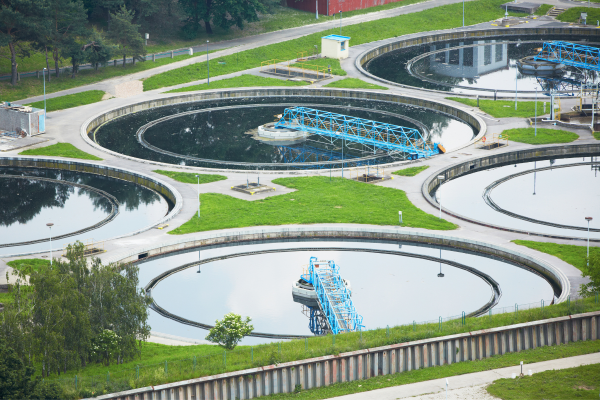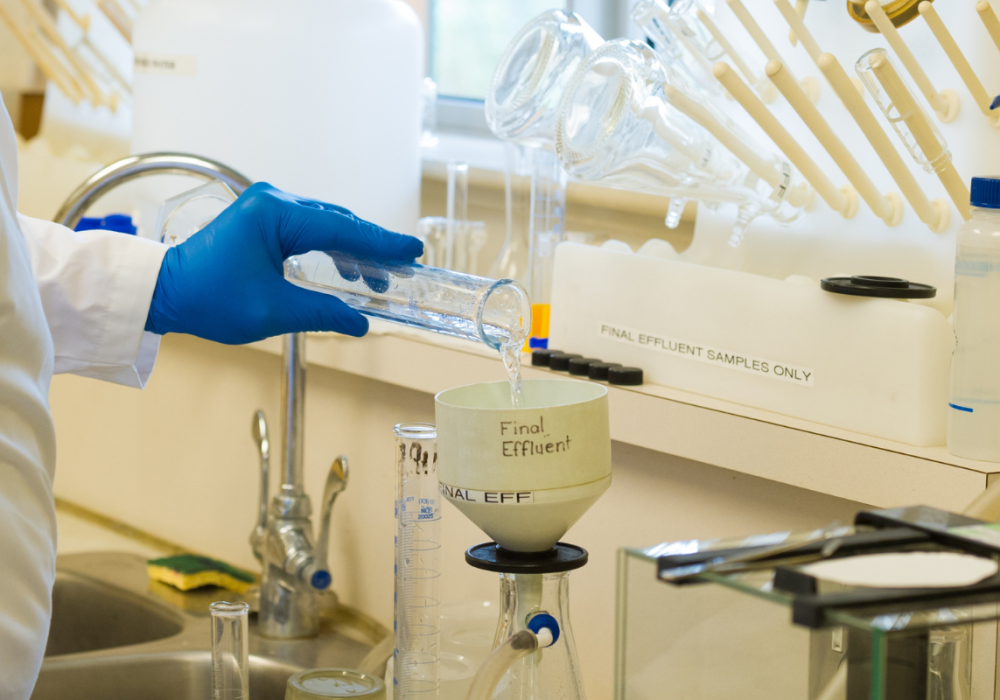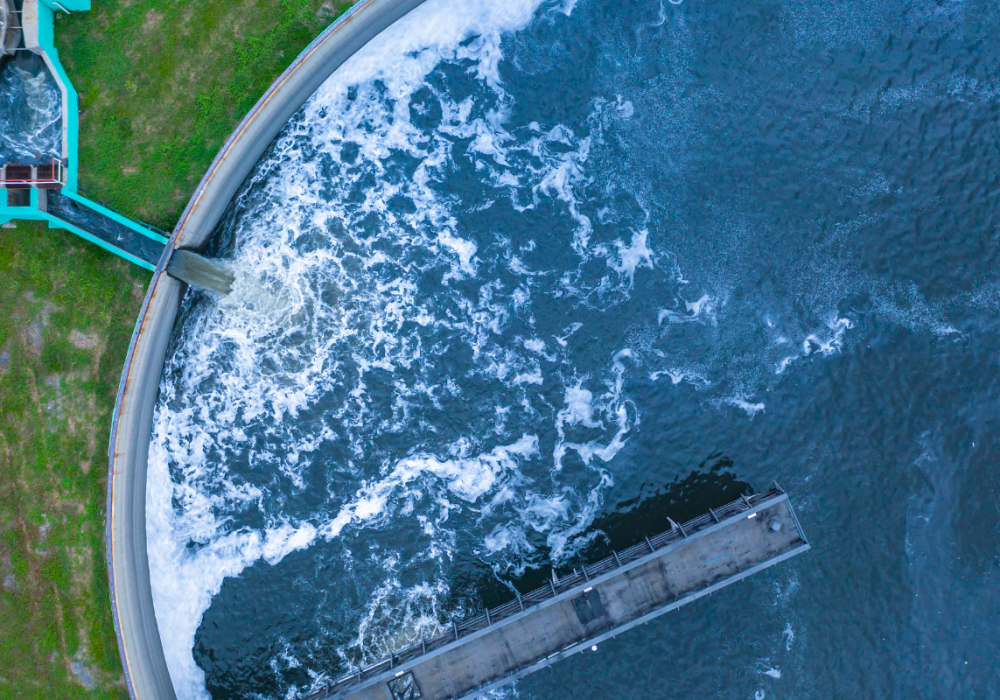Blog
Types of Chemicals Used in a Wastewater Treatment Plant

Wastewater treatment plants (WWTP) are used for treating raw domestic, commercial, or industrial wastewater. They use several chemical processes and biological treatments to process the wastewater for discharge into waterways or septic tanks. To deal with a large amount of wastewater, treatment plants have several types of chemicals and biological methods to treat them. This article will discuss different water treatment chemicals. So, let’s scroll down and find out.
#1 Cleaning and Degreasing Chemicals
These are the chemical substances that are used to remove the grease and grime from the wastewater. These chemicals are also known as cleaning chemicals. They are used to remove solids, oils, fats, dirt, sludge, and other impurities from the wastewater. Cleaning or degreasing chemicals can be used alone or in combination with each other to remove these impurities from the wastewater.
There are different types of cleaning and degreasing chemicals available in the market today. Some of them are listed below:
Chemical Scrubbing Agents:
These agents are made up of abrasive materials which can help in removing oil stains on concrete surfaces as well as other hard surfaces. These agents contain a blend of surfactants that act like detergents in water. This makes them ideal for use on concrete surfaces because they help in removing dirt that has penetrated the concrete pores while at the same time, they prevent damage to these pores due to the harsh rubbing action of abrasive agents present in these agents.
Alkaline Concentrates:
These concentrates contain alkaline salts which help in increasing pH levels present in water systems so that they can be more effective at removing stains on concrete surfaces. Alkalinity levels can also be used to determine if there are any chemical problems in the wastewater treatment process.
Electrolytic Degreasers:
Electrolytic de-greasers work by making use of an electrical current to strip all grease and oil from surfaces. This type of cleaner is especially useful when dealing with heavily contaminated wastewater systems as it will remove even toxic compounds such as PCBs and heavy metals from the wastewater.
Alkaline Scouring Agents:
These types of cleaners are used to remove stains on concrete surfaces by using alkaline salts and lime to scour away dirt and grime buildup on the surface of the concrete. They are very effective at removing stains, but they can also damage concrete if not used carefully.
#2 Use of Defoamer and Antifoam for Wastewater
Defoamer is a chemical used in wastewater treatment plants to prevent the foaming of the treated water. The use of a defoamer helps in reducing the lumen loss, which is the amount of light or thermal energy that passes through a tube or pipe. The defoamer prevents foam from forming on the surface of liquid and gases.
Antifoam is also used for wastewater treatment plants to reduce foaming. It is used as an additive to reduce foam formation on the surface of liquids and gases. Antifoam is also an effective ingredient for removing sediment from water and reducing sludge formation.

#3 Chemical Coagulants
Chemical coagulants are added to the wastewater treatment process to help facilitate the formation of a coagulation or flocculation media. Coagulant chemicals are added to water at high strength, which allows them to dissolve and bind with pollutants. They then form a solid mass that can be removed from the wastewater by filtration.
Coagulation is a desirable process because it allows for the easy separation of solids and other contaminants from liquids. The term "coagulation" refers specifically to the process in which particles themselves become suspended within the water. In other words, they don't remain as discrete particles floating on top of one another; instead, they become bound together into solid masses that can be removed by filtration.
#4 pH Neutralization of Water
A pH neutralizer is a chemical that changes the acidity level of water and makes it more alkaline. It does this by adding alkaline substances or ions to the wastewater. The most common type of neutralizer is baking soda, which is added at the beginning of the treatment. It reacts with the acids in wastewater to create carbon dioxide and water vapor, which are removed from the system by condensation. Baking soda also provides some relief for odor problems caused by clarifiers, but it does not control odors completely because it does not change the ammonia levels in wastewater very much.
#5 Use of Chemical Precipitation to Remove Heavy Metals

The heavy metals in wastewater require chemical precipitation to be removed from the water. In this process, a chemical called sulfate is added to the wastewater which reacts with the heavy metals and precipitates them out of the solution.
To Wrap Up
General International Group is a leading supplier of water treatment chemicals, including calcium hypochlorite, iron and manganese sulfate, iron chloride, and sodium carbonate. Our products are used in various applications throughout the water treatment industry.